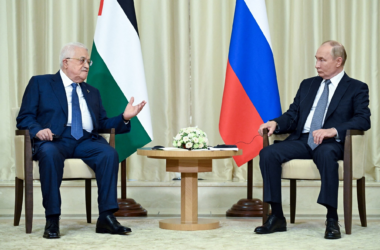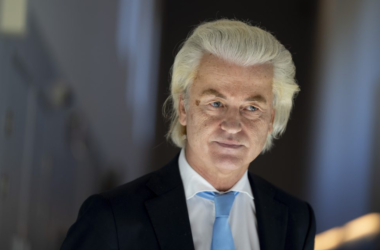Israel’s Supreme Court issued a landmark ruling on Tuesday, declaring that ultra-Orthodox men must fulfill mandatory military service like other citizens, overturning long-standing exemptions. The unanimous decision was presented as the need for equality under Israel’s compulsory military service system, which previously exempted most ultra-Orthodox men, hinting the luck of manpower in the IDF.
“At the height of a difficult war, the burden of inequality is more than ever acute,” the ruling stated, highlighting the disparity in military service obligations amidst ongoing conflicts, including the eight-month war in Gaza that has seen over 600 soldiers killed.
The court’s decision came amidst ongoing societal debate and political tension, particularly within Prime Minister Benjamin Netanyahu’s coalition government, where ultra-Orthodox parties hold significant influence. These parties, integral to Netanyahu’s coalition, staunchly opposed changes to the exemption system, fearing it could destabilize the government and trigger early elections.
Government lawyers argued that compelling ultra-Orthodox enlistment would risk deepening societal divisions. However, the court rebuked this argument, highlighting the importance of equal application of the law regardless of religious affiliation.
Ultra-Orthodox men typically devote their time to religious studies in seminaries, focusing less on secular subjects. Critics have cited concerns over their preparedness for military service or integration into the secular workforce. They argue that ultra-Orthodox men, who predominantly attend religious seminaries focusing on religious studies to the exclusion of secular subjects like mathematics, science, and English, are ill-prepared for military service or integration into the secular workforce.
The ultra-Orthodox community, known for its high birthrate, constitutes a rapidly growing segment of Israel’s population, with approximately 13,000 males reaching conscription age each year, though less than 10 percent enlist, according to parliamentary data.
Reacting to the ruling, Yitzhak Goldknopf, a cabinet minister representing ultra-Orthodox interests, expressed disappointment, asserting that the state of Israel, rooted in Jewish values, should uphold the primacy of religious study.
The military, facing ever escalating demands for manpower amid ongoing conflicts on multiple fronts, has argued for the necessity of universal conscription to bolster the IDF.
Legal challenges to the exemption system have persisted over the years, with previous court rulings questioning its fairness. Despite these challenges, Israeli leaders, under pressure from ultra-Orthodox parties, had delayed substantial reforms.
Prime Minister Netanyahu, navigating a narrow parliamentary majority, faces the challenge of implementing the court’s decision while maintaining coalition stability. He has previously attempted legislative approaches to address the issue, but critics argue these efforts have been insufficient.
The Supreme Court did not specify the number of ultra-Orthodox men that should be conscripted, leaving implementation details to be determined.
The ruling raises questions about the future of Israel’s military conscription policies and the role of ultra-Orthodox communities within Israeli society. With demographic shifts indicating a growing ultra-Orthodox population, the debate over military service is likely to remain contentious, affecting broader national security and political dynamics.








